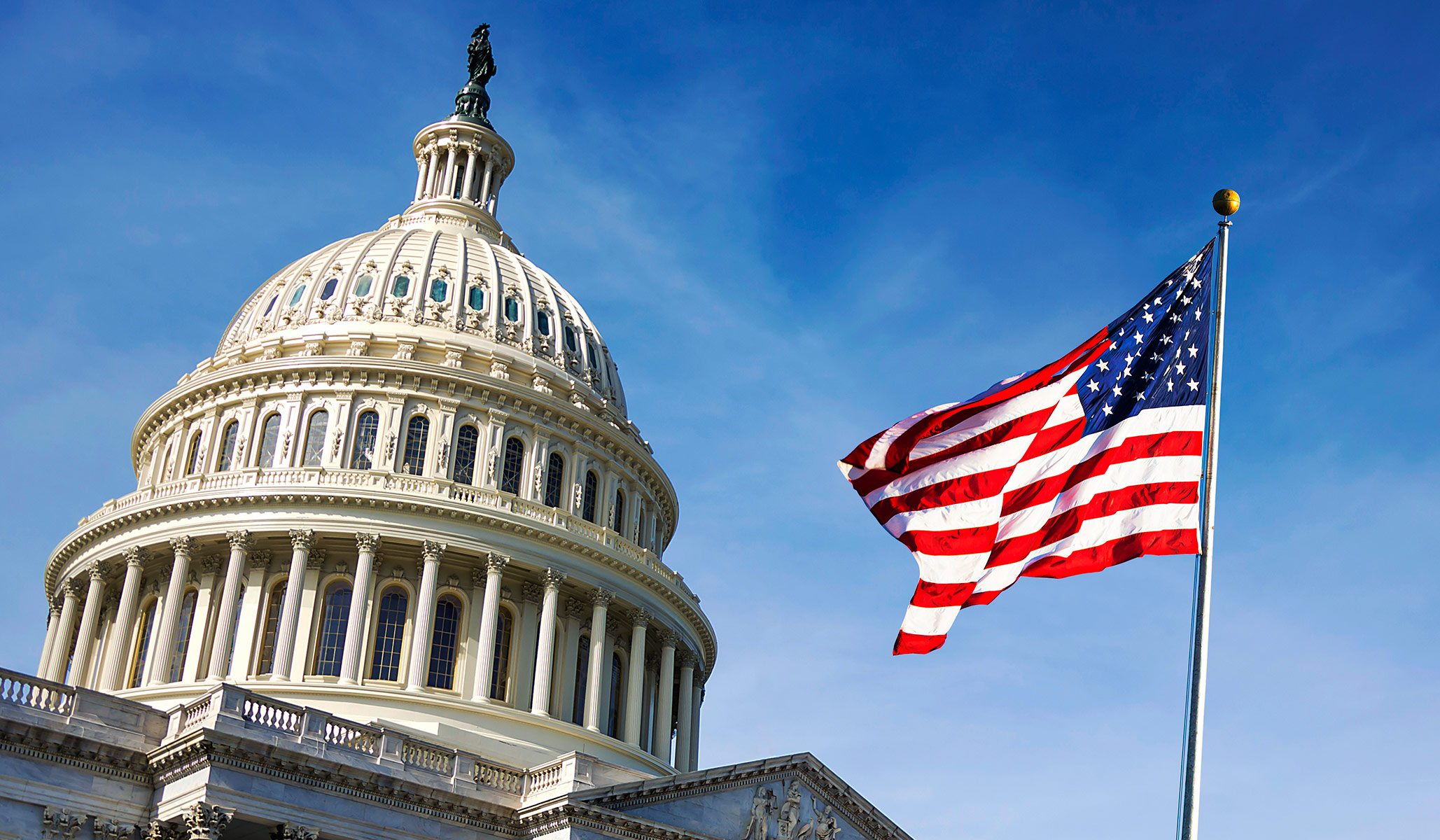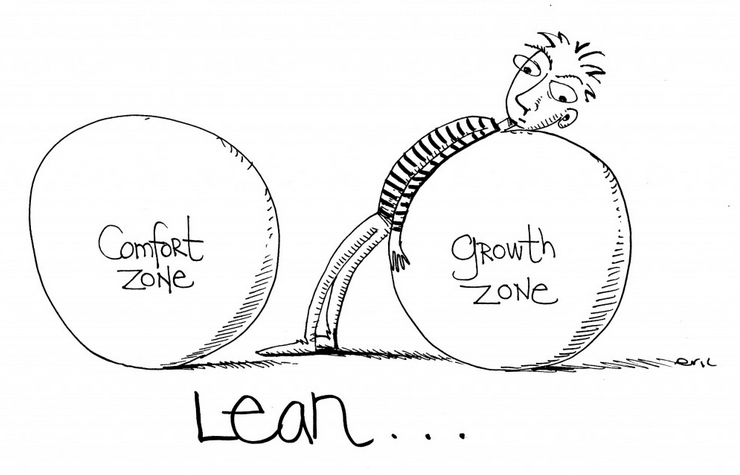I am a grant professional for whom the written word is a more comfortable form of communication than face-to-face communication. Once I understood the concepts and intent of grant proposal writing, I fell in love with it. The majority of my time is spent alone in my office writing or in one-on-one conversations with program, financial, and executive leadership staff. Given that my learning style is also visual text, reading RFPs, gathering the information needed, and conducting the research is all easy for me to understand.
Recently though, I have needed to be involved in meetings with program officers. These are not my favorite activity. Oh, I love hearing all the things funders have to say about their organization that help me better understand their mission. I also love to hear all the things about the program that my organizations say to the funder that I have not heard before in quite the same way. (Haven’t we all been here?) If my only task was to listen, these meetings would be easy, but these were conversations in which I was the lead for a significant portion of the conversation.










